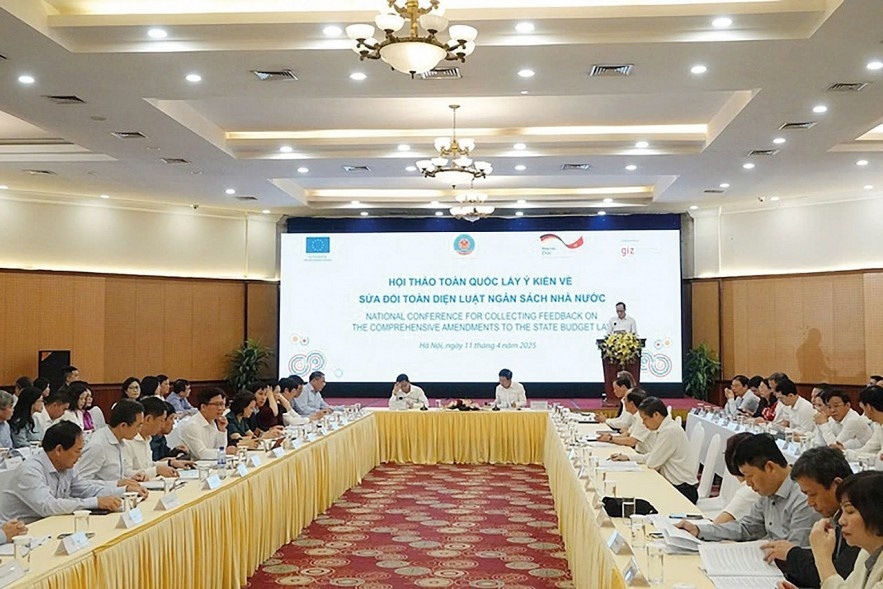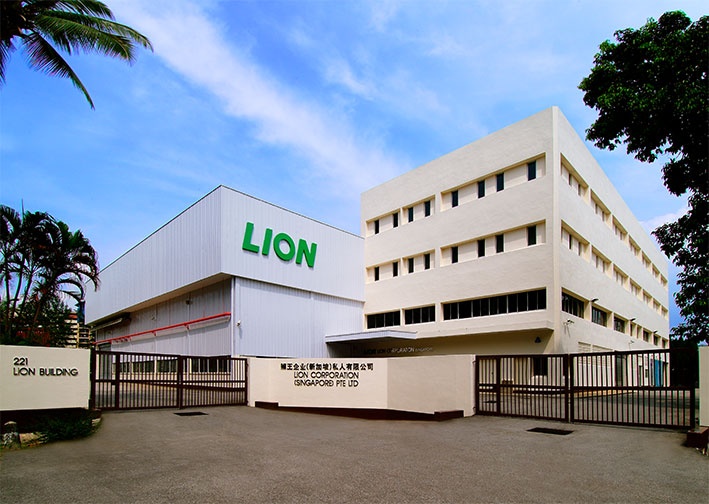Renewable energy sector charms German firms
 |
Renewable energy also enjoys a conducive legal framework which helps facilitate private investment in the sector. Incentives for wind and biomass power projects – including a wind feed-in-tariff (FiT) of 7.8 US cents/kWh, a biomass avoided cost of 7.4 US cents/kWh, and a sugar mill combined heat and power FiT of 5.8 US cents/kWh – were issued in 2011 and 2014, respectively. This year, new legislation on supporting schemes for solar power development, including an FiT for grid-connected projects and a net-metering scheme for rooftop systems at the same price level of 9.35 cents/kWh, has been a really important milestone, as it lays out a framework to attract private investment into solar energy development.
Vietnamese project developers began eyeing business opportunities in the renewable energy sector early. Electricity of Vietnam (EVN) and many other companies are at the forefront of renewable energy development. There are several GW of wind energy in development. This year, the country saw the first large solar photovoltaic (PV) projects on factory roofs that exceeded one megawatt (MW) in size, and there are over 50 larger solar projects in the planning stages already. Most of them have already obtained investment licences, with many projects situated in the central and southern regions of the country, such as Binh Thuan and Ninh Thuan provinces.
Though they are at an early stage of development, Vietnamese renewable firms have seen roughly 190 MW of wind, 475 MW of biomass, and more than 10 MW of installed PV capacities. They are keen to explore international partnerships which enable transfers of knowledge and engineering expertise.
The above-mentioned facts are major elements which make Vietnam a market with real potential for German companies in the renewable energy sector. As a global leader in renewable energy technologies, with 50 years of experience in research and development, Germany is a trusted partner who can support Vietnam in developing its renewable energy market. Renewable energy technologies, products, and services “Made in Germany” enjoy an outstanding international reputation as they stand for quality, reliability, a long service life, efficiency, and safety.
We see that the German renewable energy industry has been quite eager to invest in the emerging Vietnamese market and to partner with Vietnamese companies to develop renewable power projects. In June, ENERCON GmbH, one of Germany’s renewable energy market leaders, and Vietnam’s Trung Nam Corporation signed a contract to develop the Trung Nam wind power plant, which is expected to contribute 500 MW to the generation of “green” electricity in Vietnam.
In July of this year, a 308kW rooftop solar PV system was realised and put into operation at the Swire cold storage facility in Bac Ninh province, using German solar technology. The project was initiated and supported by the German development agency GIZ and has been a bright example showcasing embedded solar PV generation application for the industrial and commercial sectors.
German companies have not only been quite keen to explore business opportunities in the renewable energy sector in Vietnam, but have already committed to doing so. In September, six German companies took part in the first German Solar Training Week, organised by GIZ in co-operation with the German Delegate of Industry and Commerce (AHK). They delivered training not only on PV fundamentals, but also recent developments of core PV technology, project engineering, and construction. The training was an opportunity for 50 representatives from local stakeholders to benefit from the expertise of German companies in solar PV technologies and engineering services.
The training was followed by a German business delegation of 11 companies – organised by GIZ together with AHK – meeting and networking with more than 200 representatives from the local solar sector. Some later had individual business meetings with potential partners.
However, we must also acknowledge some possible challenges for German companies when they enter the renewable energy market in Vietnam. These include the current FiT and purchase price agreements for renewable energy projects, which are thought not to be very attractive and bankable for investors.
Lack of high-quality data and information about the development of renewable energy projects could be another challenge for foreign investors who enter the market. Also, renewable energy is still new to many people involved, including policy makers, service providers, technical staff, banks, and project developers. This fact might lead to a lengthy process of project development, appraisal, and permissions.
Appreciation for German renewable energy technology and expertise as well as recent successful German-Vietnamese projects have shown that co-operation between the two countries can create a triple-win effect for local markets. German companies, local firms, and end-consumers profit by leveraging Vietnam’s tremendous renewable energy potential and contributing to a more sustainable development for the domestic energy sector.
By Tobias Cossen Principal Technical Advisor, head of Project Support to the Up-scaling of Wind Power, GIZ Vietnam
What the stars mean:
★ Poor ★ ★ Promising ★★★ Good ★★★★ Very good ★★★★★ Exceptional
Latest News
More News
- Rhenus Group Launches Global Employer Brand: “Empowered by You” (April 16, 2025 | 11:00)
- PM urges SOEs to pioneer digital shift (April 16, 2025 | 10:00)
- FBS Supports Thai Rescue Teams with Vital Equipment Donation (April 16, 2025 | 09:00)
- Vietnam’s digital future in the spotlight as GSMA Summit tackles trust, inclusion, and scam prevention (April 15, 2025 | 17:26)
- CMC Corporation hit by ransomware attack (April 15, 2025 | 17:00)
- “A Touch of Wuxi” Premieres Globally, Celebrating the City’s Rich Heritage and Modern Growth (April 15, 2025 | 10:57)
- Lalamove Launches ‘ElderCare on the MOVE’ to Support Aging Communities in Asia (April 15, 2025 | 10:45)
- DHL Opens New Pharma Hub in Singapore to Boost Life Sciences Supply Chain (April 15, 2025 | 10:37)
- Natural Diamonds Light Up Star-studded Red Carpet 2025 (April 15, 2025 | 10:33)
- Hong Leong Islamic Bank Donates 1,000 Meals to foodpanda Riders During Ramadan (April 15, 2025 | 10:22)

















 Mobile Version
Mobile Version